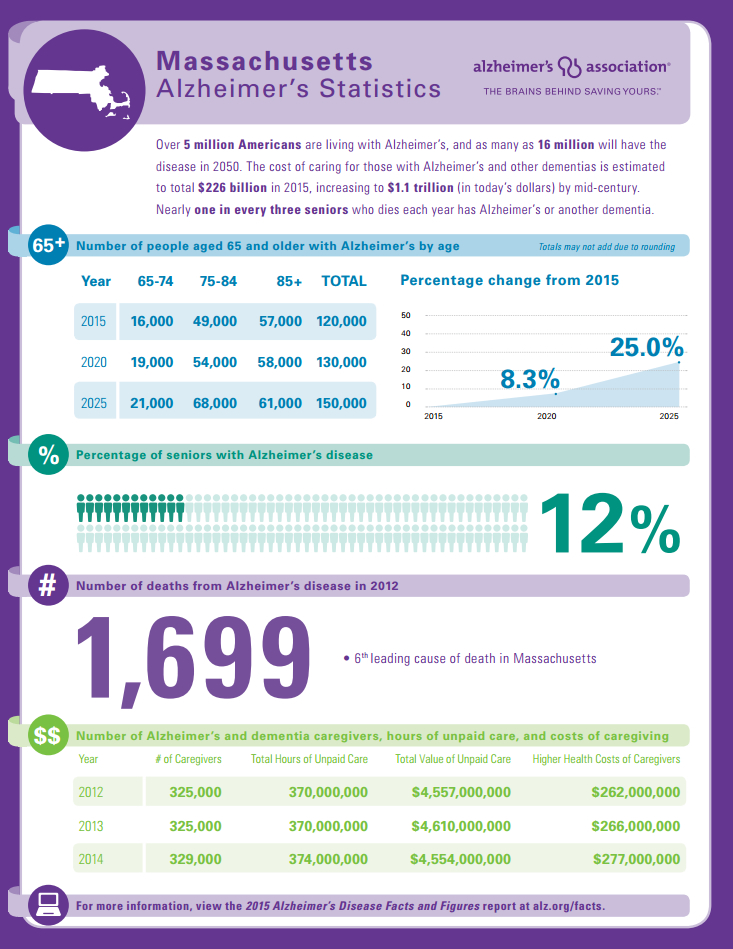5 Signs of Alzheimer’s Disease
As the child or other trusted caregiver of an older adult suffering from Alzheimer’s Disease, it can be heart-wrenching to watch them descend into the throes of a disease that seems so cruel. That smart, quick-witted person you once knew has now been robbed of not only his memory but also his integrity and independence. As the sixth-leading cause of death in the United States, Alzheimer’s is the only cause of death that can’t be prevented, slowed or cured, according to the Alzheimer’s Association.
Here are five signs of Alzheimer’s to keep an eye out for:
- Difficulty driving. Alzheimer’s patients will start to find it difficult to determine distance while driving a car due to a gradual decline in their visual and motor skills. This means they will have a hard time deciphering road signs, as well as determining colors and even spaces between cars.
- Difficulty completing tasks. Your loved one may now have trouble accomplishing relatively easy tasks like getting to the doctor’s office, balancing their checkbook or recalling the rules to a favorite board game.
- Memory loss. As a definitive sign of Alzheimer’s, your loved one will start to experience an inability to recall short- and long-term memories. This can involve a memory of their wedding day, for example, or even what they had for lunch that day.
- Confusing conversation. Alzheimer’s sufferers find it difficult to stay on topic, remembering what they were just told and keeping up with a conversation as part of a group. A sign of this could be repetitive phrases or an inability to recall just the right word to complete their thought.
- Social withdrawal. When those with Alzheimer’s realize they can’t carry on a conversation, they will start to slowly withdraw from social situations such as parties, gatherings, work events and even breakfasts out with friends. Such stressful situations can cause embarrassment for Alzheimer’s patients, so they hang back and prefer to just be alone.
Loving someone with Alzheimer’s is heart breaking and frustrating. Keeping up with their level of independence for now may necessitate having a senior care provider like Advanced Home Care Services come into their home and help them with basic tasks. Learning the key signs of Alzheimer’s will help you find and provide the care and attention your loved one needs to navigate this disease.
The chart below shows recent Alzheimer’s statistics specific to the State of Massachusetts. View the AARP article on Having Difficult Conversations with Aging Loved Ones or contact us anytime for more resources and assistance.
